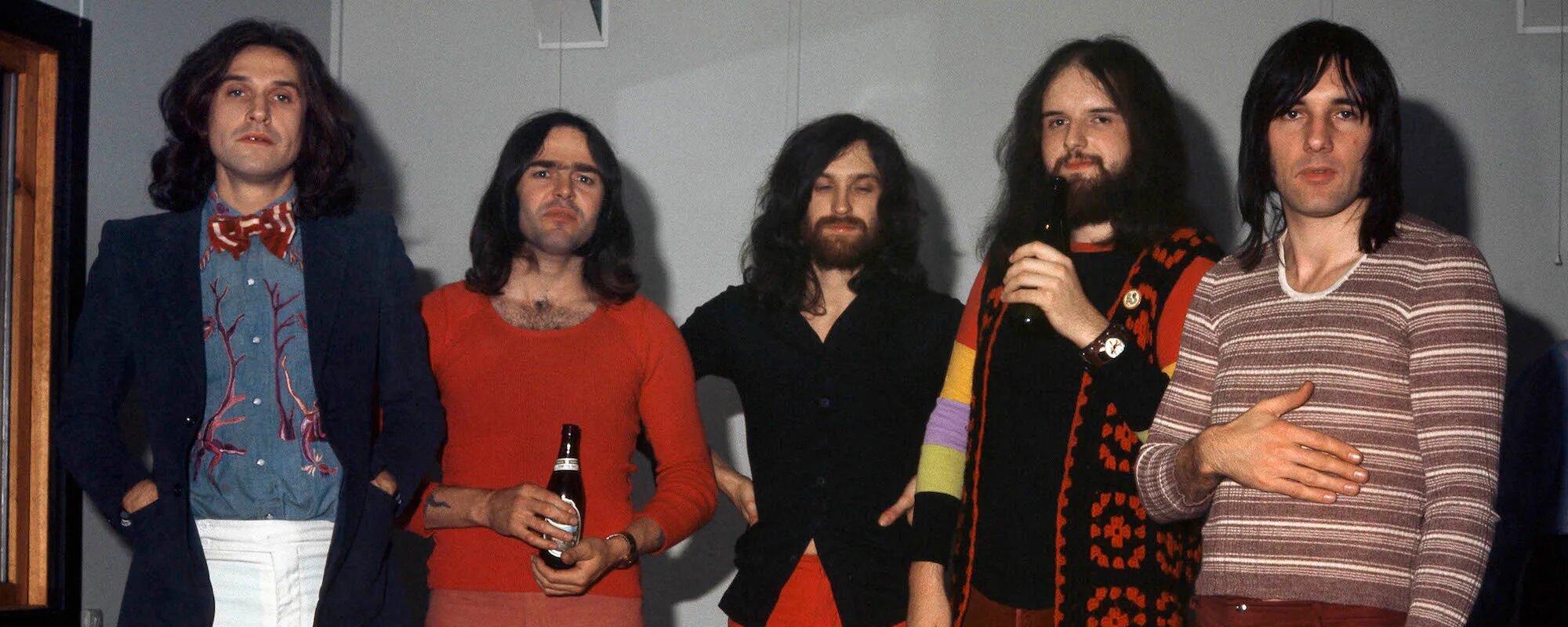
Any band that stays together for three decades will have their ups and downs, but it seems to me The Kinks had more than their share of drama.
This London group were the black sheep of the British Invasion. They were formed by and around brothers Ray and Dave Davies, who became renowned for their legendary rivalry and fighting — perhaps even more so than Oasis’s Liam and Noel Gallagher, Phil and Don Everly or Ira and Charlie Louvin.
As a fan, I find them a difficult band to fully embrace, as there were basically four distinct phases to their career — and only two of them were truly great. They’re not as problematic as Jethro Tull, who have four albums I like out of 23. Or worse, Joe Jackson, who went three for 22 in my book. There are nine Kinks albums I own and love, out of a possible 24.
I love their beat music period, which produced their first three albums in 1964 and 1965. Sometimes they were proto-punk, other times introspective and stripped back. The next phase, the super-English pop period, produced two incredible albums in ’66 and ’67. It starts to go a bit off towards the end of the third phase, when they began to work that very-English perspective into concept albums from 1968 through 1971. The only slight dud of the five albums in this era was the soundtrack for the film Percy — even though it does contain one of their best songs: God’s Children.
And then it goes sideways when Ray took the songs into the realm of campy, theatrical, self-indulgent suites and concepts. There are still some great songs in this period — 1971 to 1975 — but they are fewer and farther between, for sure. I don’t own any of the five records made during this time. Next came the spotty back-to-form period from 1977 to 1984, which saw the band develop a power-pop approach. They certainly had the chops and the background for this, though they were about a decade older than their contemporaries. I own four of the six albums they made at this time, which is the period when they first entered my life — specifically with the song Destroyer, which I saw on
The final period is just that, and suggests the band is a spent force. It basically continues the style of music they made in the early ’80s. I don’t own any of their final three albums from 1986 to 1993. I did, however, see Ray Davies live at Ottawa Bluesfest in 2008 and managed to get just a few feet away from him. It was one of the most memorable shows I’ve ever witnessed.
But it’s not just a wild musical ride — the personal odyssey of the Davies brothers and their bandmates was, at times, devastating and crazy.

It began when Ray and Dave were boys in a family of 10: Mom and dad, along with six older sisters. Ray turns 80 this month. Dave is three years younger. Let’s go through some of the more notable moments of Kinksian drama.
Death of sister Rene
The day before his 13th birthday, Ray’s eldest sister Rene gave him his first guitar, and then left for a night on the town. She would never return — suffering a fatal heart attack while dancing at the Lyceum Ballroom. She was 31 years old. The band’s 1982 hit Come Dancing was inspired by Ray’s memories of his sister.
Baby daddy
When Dave was 15, he got his girlfriend pregnant. The parents of both parties conspired to keep them apart and Dave didn’t manage to connect with his daughter until more than 15 years later.
Leave a Reply